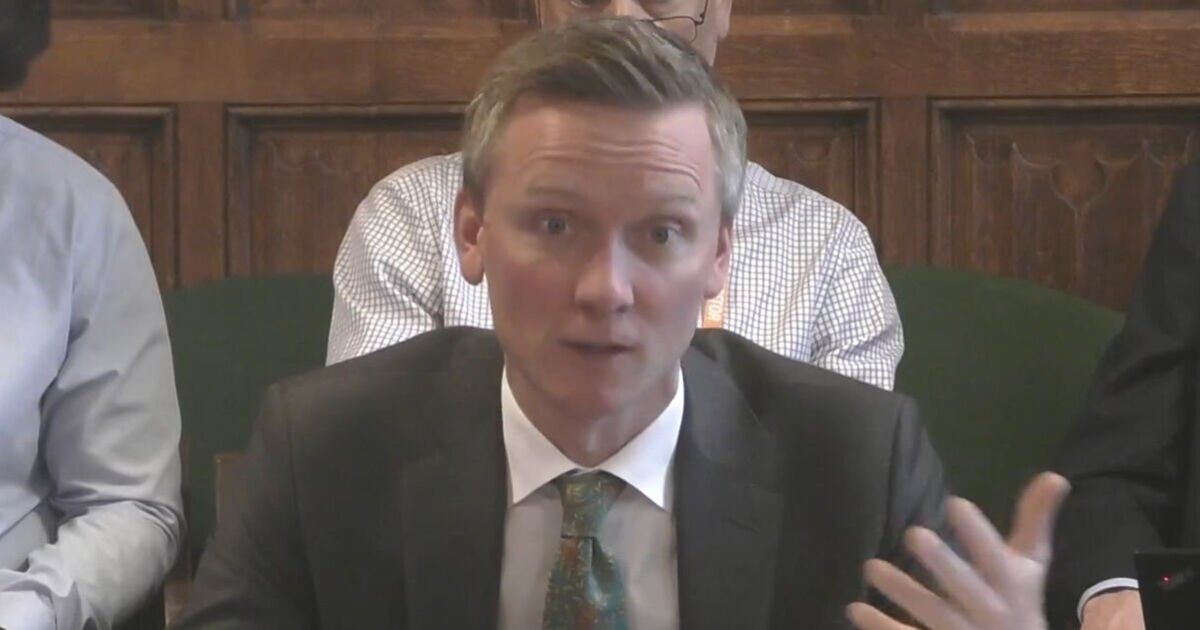Labour has defended its decision not to provide compensation for the WASPI (Women Against State Pension Inequality) generation of women despite the Ombudsman recommending there should be payouts.
Pensions minister Torsten Bell told a committee of MPs today (June 4) that the Government’s decision to disagree with the Parliamentary and Health Service Ombudsman (PHSO) recommendation of payouts ranging from £1,000 and £2,950 was “unusual but not unprecedented”.
The response came after Liberal Democrat MP Steve Darling asked if the Government’s “pick and mix approach” in choosing which PHSO rulings it would take on board risked undermining the watchdog.
Mr Bell told the Work and Pensions Committee: “We all value the work of the Ombudsman. We’ve been very clear, we took their report and this case very seriously.
“We’ve come to a different view on injustice and remedy for the reasons set out in the formal response. It is unusual but it is certainly not unprecedented for the Government not to agree with the remedies proposed by the Ombudsman.
“I would say it’s going to stay unusual but not unprecedented. Since the WASPI decision, there’s been lots of other cases where Ombudsman’s decisions have been implemented by my department and other departments.”
He branded claims the Government had undermined the Ombudsman as “over the top”, adding: “I don’t think it’s true. I think saying that is damaging to the Ombudsman’s role.”
The WASPI dispute is to do with the generation of women born in the 1950s who were affected when their state pension age increased from 60 to 65 and then 66.
The campaigners claim many of the women did not know of the change and that the DWP did not make proper efforts to advise them of the change.
The PHSO looked into the matter and concluded there was ‘maladministration’ in the DWP‘s efforts to inform the women, arguing that a key letter should have been sent out months sooner.
But Labour said at the end of the last year that there would be no payouts, saying that most women knew of the change and that sending out the letter sooner would have made little difference.
Mr Bell told the committee: “We’ve set out why we came to a different view very clearly. If people don’t agree with us, it should be on those grounds, it shouldn’t be on this somehow vaguely undermines the Ombdsuman. I just reject that entirely.”
The WASPI campaign has now applied for a judicial review into the DWP‘s decision not to grant compensation, which could take months to reach the courts.
A fundraiser for their legal challenge has had almost £190,000 in support. If they win, the Government will have to withdraw its decision but this does not guarantee payouts.
